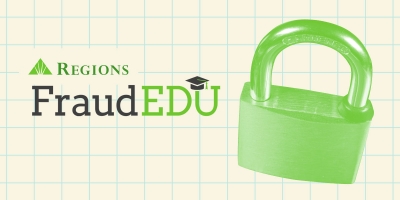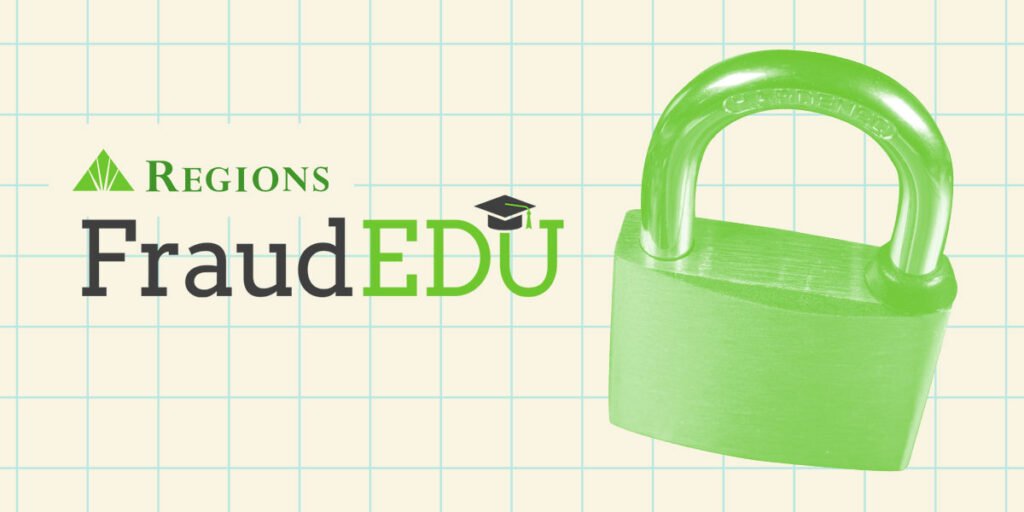
Fraudulent text messages claiming you owe unpaid tolls are on the rise, and they’re getting more convincing.
These scams, referred to as “smissing,” often contain fake links that aim to steal your personal and financial details. The messages usually create a sense of urgency, making it seem like you need to act right away to avoid penalties for missed payments. Honestly, some of these texts can be pretty shocking.
What is toll fraud?
Toll fraud involves misleading messages that assert you’ve failed to pay a toll. Frequently, these texts demand immediate payment and link to fake websites, threatening fines and legal repercussions.
“When you receive one of these texts, you might remember passing a toll booth but still feel uncertain,” somebody might say. “Just be cautious and check if you have an official receipt; if you owe anything, you should get an email, not a random text. So really, there’s no reason to click on a link that appears out of nowhere.”
The FBI reported nearly 2,000 complaints about toll-related fraud last year, and cybersecurity experts have identified over 10,000 domains linked to this specific scam.
“These messages are crafted to trigger quick emotional reactions—things like worry, urgency, or guilt. It’s easy to click before thinking it through,” someone named Taylor explains. “Usually, the amounts aren’t large, but once they get your info and credit card, they might come back for more.”
5 steps to stop toll fraud
If you get a strange text about a toll, don’t panic. But also, don’t just brush it off. Here are five steps to protect yourself and help shut down these scammers.
- Report the message to the FBI IC3
Go to www.ic3.gov to file a complaint. Make sure to include the number that texted you and any links they shared. - Check claims through official channels
If you’re unsure about a toll, visit your toll service’s official website directly rather than following the link in the message. - Contact customer support
Use verified contact details for your Toll Service to confirm any suspicious claims. - Delete suspicious messages
If a text seems off, don’t click on anything. Just delete it. - Act quickly if you clicked or paid
If you entered personal or financial information, contact your bank immediately, keep a close eye on your account, and dispute any unfamiliar charges.
Be cautious
“Heed the advice from the FBI,” urges Kimberly Reese from the local fraud prevention team. “If you receive one of these toll fraud texts, please report it and delete it. Remove the threat from your phone and assist law enforcement in tackling these criminals.”
For more tips on how to safeguard your identity and finances, check out Regions.com/stopfraud.







